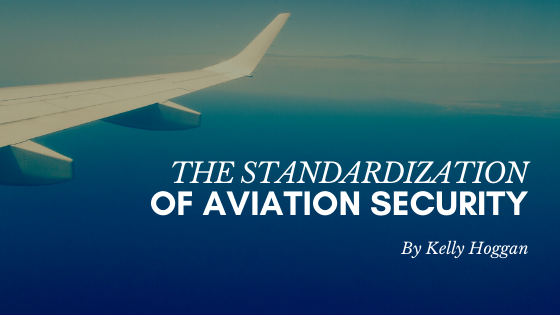Modern air travel makes it easy to see the world, but it does carry some risks. International flights are popular targets for terror attacks, which has resulted in many nations pushing for stronger aviation security. Recent years have seen an international effort to standardize those security procedures to ensure the safety of passengers around the world. There is still a great deal of work to be done, but there has been plenty of progress towards this goal.
ICAO Encourages Standardization
The International Civil Air Organization, or ICAO, has been working to encourage standardization for many years. ICAO is one of the UN’s specialized agencies which puts the organization in a strong position for negotiating international agreements. It works primarily by sharing technical documents, offering recommendations, and promoting the importance of standardized aviation security practices.
ICAO does not dictate policy to individual nations. It does have a few minimal requirements for security programs, but each nation has a huge amount of latitude to determine their own policy. The results of those policies vary dramatically from one country to the next.
Standardization Offers Benefits
Standardization is a gradual process, but many governments are adopting common practices because they offer concrete advantages. For example, common standards can reduce the cost of security. It also makes things easier for travelers who benefit from knowing what to expect in each airport. The widespread adoption of proven security practices can naturally lead to safer flights, especially for nations that are improving on older, lax practices.
Common practices also provide a direct security benefit. Attackers can exploit facilities with poor security to gain access to others, such as by boarding a flight in an airport with poor practices and transferring to another flight later on. Standardization makes that much more difficult and closes a major gap in aviation security.
National Issues Remain
Standardization is a long and challenging process. Some nations have more resources than others, and those nations have a much easier time adopting new standards. While some nations prioritize security, others do not, and many of those countries are slow to adopt new techniques. Cultural differences, such as privacy concerns, can also lead to differences.
While those factors can slow the standardization process, it is still proceeding. Good practices will likely continue to spread in coming years. National agencies just need time to work their way towards shared, effective policies.


